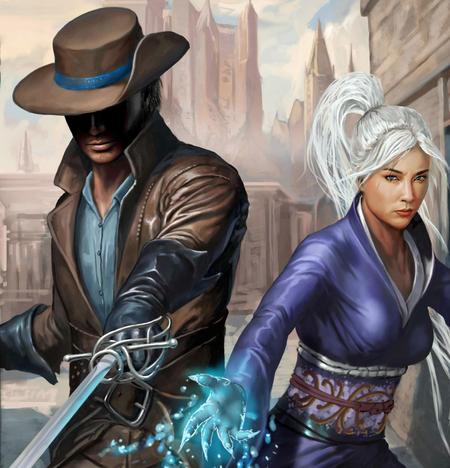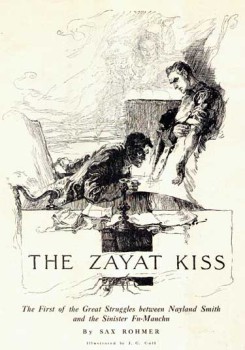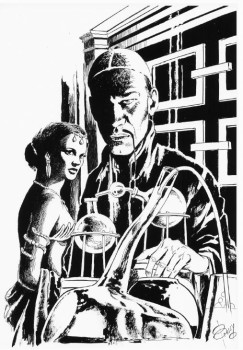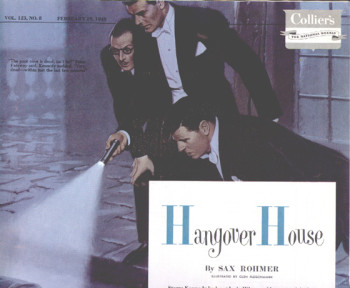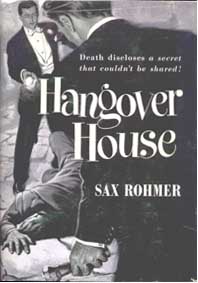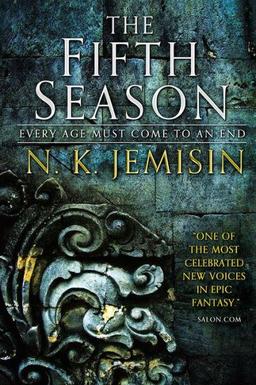In the Wake Of Sister Blue: Chapter Eleven
Linked below, you’ll find the eleventh installment of a brand-new serialized novel, In the Wake Of Sister Blue. These pages keep the focus on Maer, with plenty of violence and unexpected encounters to leaven the story-telling. Chapter Twelve will follow in two weeks’ time, so stay tuned –– and for those who fear I’m writing a doorstop, be reassured. This will be Book One of a pair (but no, not an ongoing, endless cycle) and the Great Divide between the two is rapidly approaching.
A number of you will already be familiar with my Tales Of Gemen (“The Trade,” “The Find,” and “The Keystone“), and if you enjoyed those titles (or perhaps my unexpectedly popular D&D-related post, “Youth In a Box,”) I think you’ll also find much to like in this latest venture. Oh, and if you’re only now discovering this portal, may I suggest you begin at the beginning? The Spur awaits…
Read the first installment of In the Wake Of Sister Blue here.
Read the eleventh and latest installment of In the Wake Of Sister Blue here.

